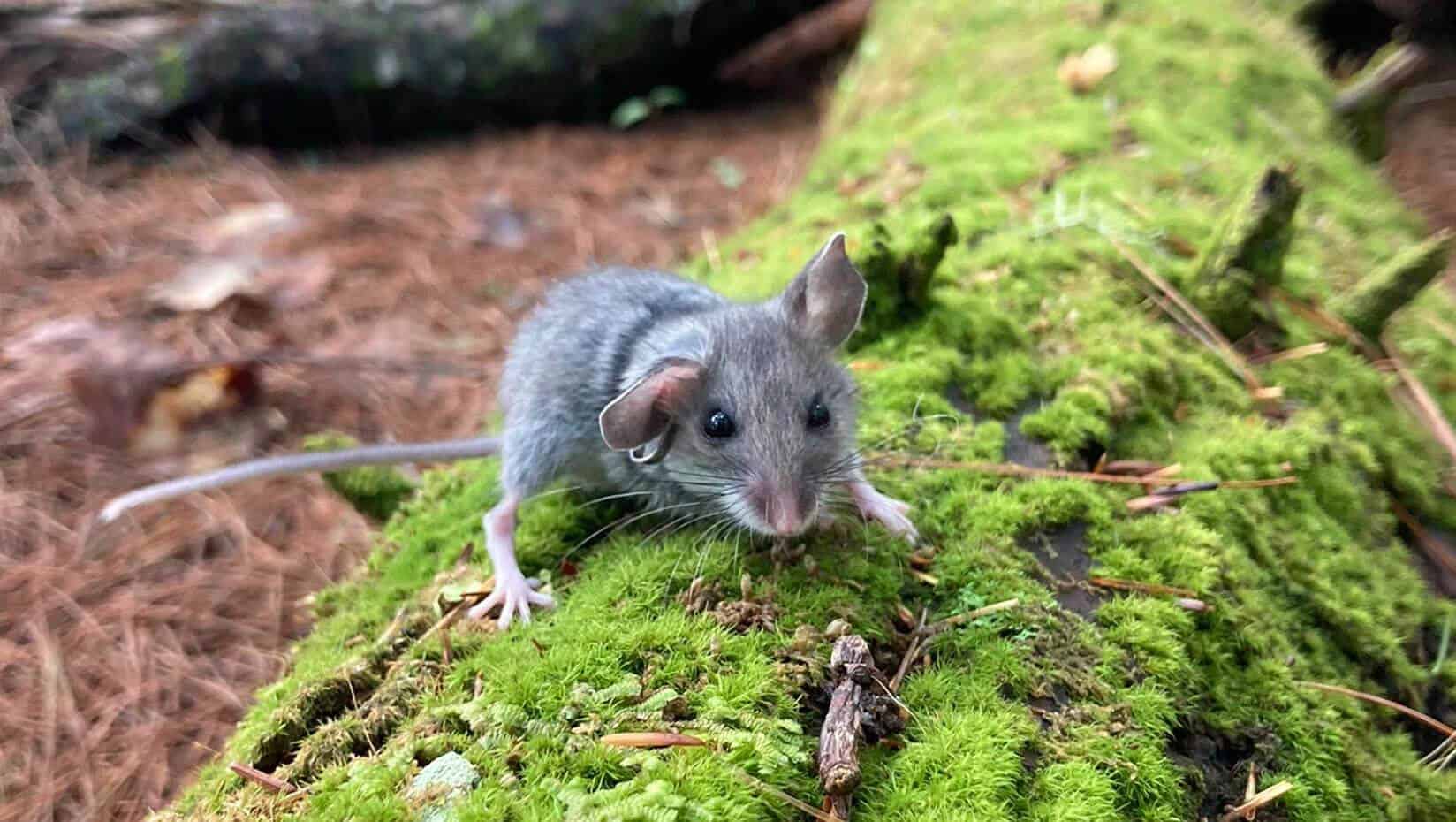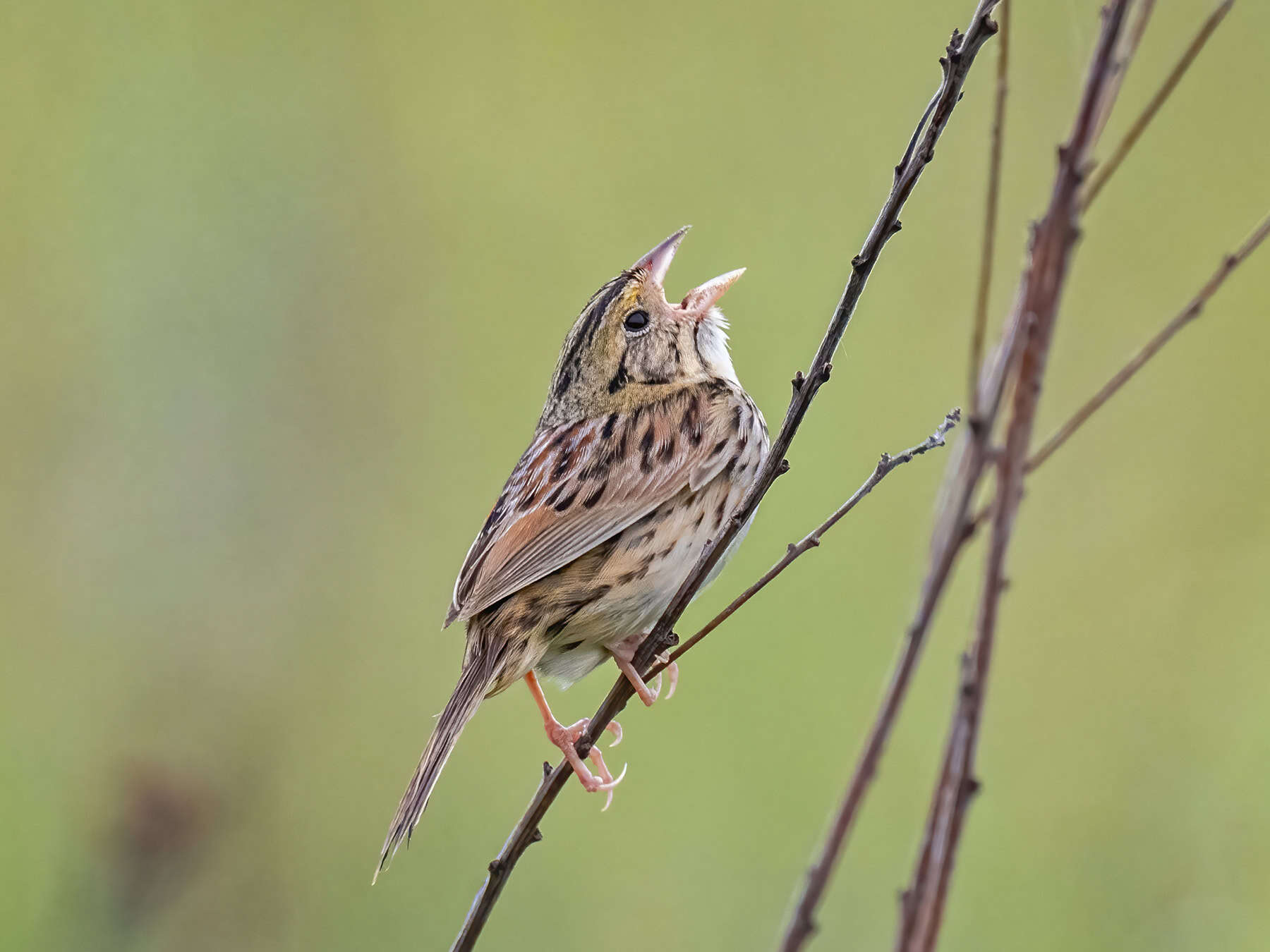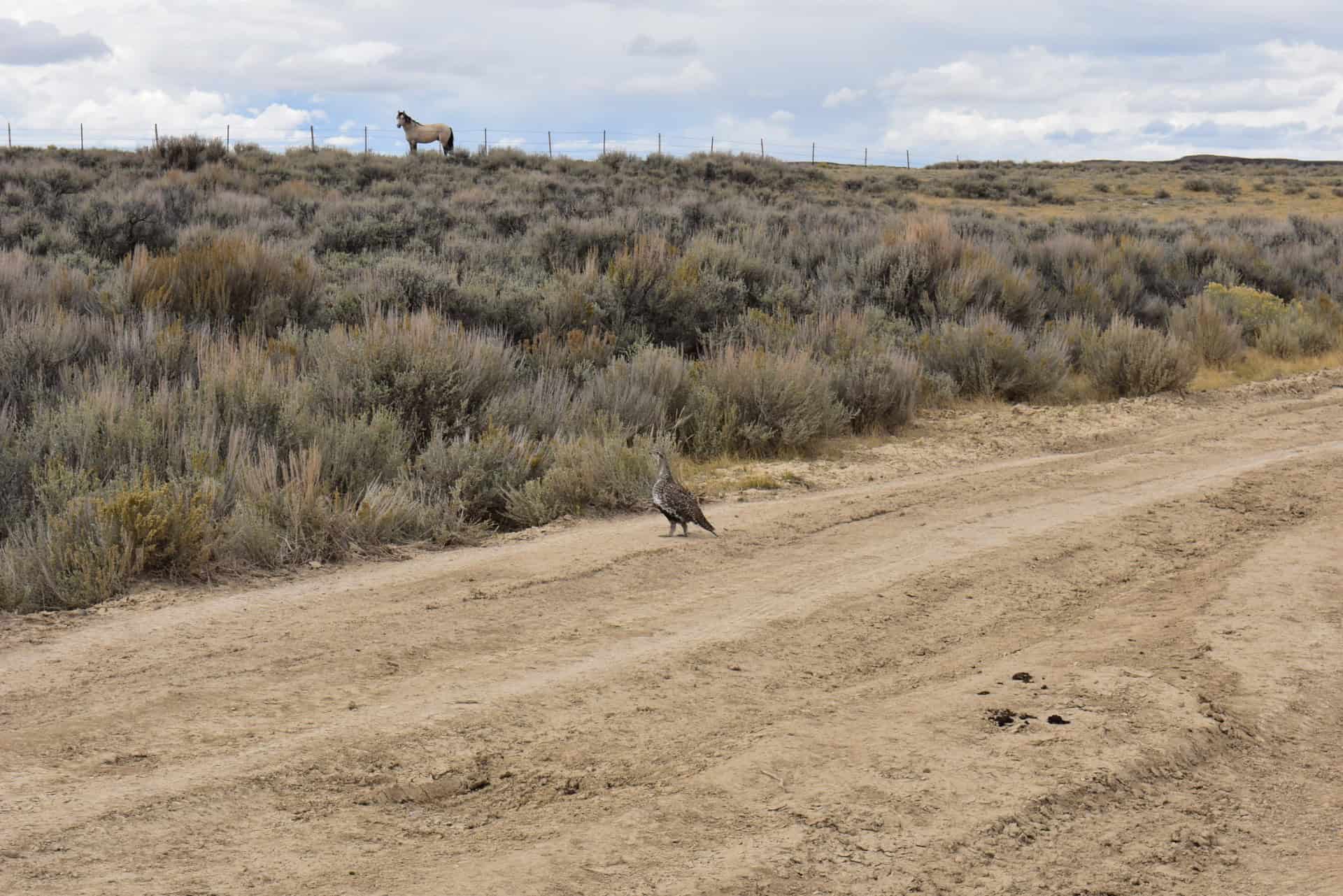Share this article
Small mammals create big changes in the forest
Often overlooked, animal personality can be critical, researchers found
Some small forest dwellers are bigger pilferers than others, and these differences can mean big changes on the landscape.
Researchers in Maine are looking at how the personalities of small mammals affect forest regeneration by impacting seed dispersal. The team, led by University of Maine graduate student Brigit Humphreys, set traps for small mammals like squirrels, chipmunks, mice, voles and shrews to collected data about their personality traits and tag them.
Then, the team planted artificial caches of white pine seeds—an economically important species in Maine and a preferred seed for these small mammals—each equipped with an underground antenna. In a study recently published in the Journal of Animal Ecology, Humphreys and her team found that the individual personalities of these small mammals determine the effectiveness of pilferage in mice and voles, with some individuals being more successful at stealing seeds than others.
“The take-home message of all the research we are doing is that individuals are important,” Humphreys said. “There’s a big push in the science community to conserve biodiversity, but beyond biodiversity, we have to be conserving behavioral diversity within a species if we truly want to have fully functional ecosystems.”
Header Image: A mouse sits on a mossy log in a Maine forest. Credit: Brigit Humphreys








